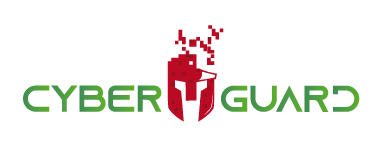
01 Jun Types of Hacks
Is My Site Hacked? How to Tell If Your Website Has Been Compromised
One of the first indications that your website may have been infiltrated by malicious hackers is if it starts performing oddly in any way. If you’re suddenly seeing a lot of spam ads or your visitors report issues accessing your site in general, there’s a chance your site has been visited by website hackers.
Unfortunately, the number of hacked websites is increasing every year as cybercriminals become more and more adept at getting around online security systems. The good news is that there a few ways to check if a website is safe and effective tactics to restoring your hacked website.
Types of Hacks
There are three types of hacking that are the most common when it comes to cybercriminals. Below we’ll go through each and discuss how to tell if you get hacked.
DDoS Attacks
Distributed Denial of Service is typically used to bring down websites by crashing their servers. Hackers will flood the servers of their target website with zombie computers or botnets. This overwhelms the servers and then they crash. Frequently, this attack is also used to steal user information by freezing the user forms.
Phishing/Baiting
Phishing is when a hacker replicates your website and then leads the victim to the fake website instead of the original one. Once a victim enters in their personal information all of the details are sent to the hacker. This is how credit card data or login details to important websites or accounts are usually stolen. With baiting, attackers buy ad spots on trusted websites and put up ads that look real. Once the ads launch, users click on them only to find themselves on a website with malware.
Code Injection Attacks
This type of website hacking is for any attack that involves injecting malicious codes into a system. Whenever input data isn’t handled securely it can become vulnerable to code injection attacks.
How to Check if I Have Been Hacked
There are a few signs that can signal website hacking. We’ve listed the most common ones below:
• Your website redirects to an unknown website.
• Spam ads or links on your site display adult content, gambling, drugs, or illegal activities.
• Popups on your site that weren’t created by your team.
• Visitors are being blocked by Google warnings.
• You got an email from your web host that your site has malware present on it.
How to Repair Hacked Websites
If your site has been hacked you will need to clean it immediately. The longer your site stays hacked the greater the damage it could do. There are multiple ways to clean your site however the most efficient way to do this is using a security plugin. This will guarantee that your website is cleaned and secure again.
If you’re worried about getting hacked and want to make sure your business is protected from any cyber threats, contact the insurance service professionals at Cyber Guard. Cyber Guard is committed to providing the most comprehensive cyber insurance policies in the market. Contact them today to get a quote!
